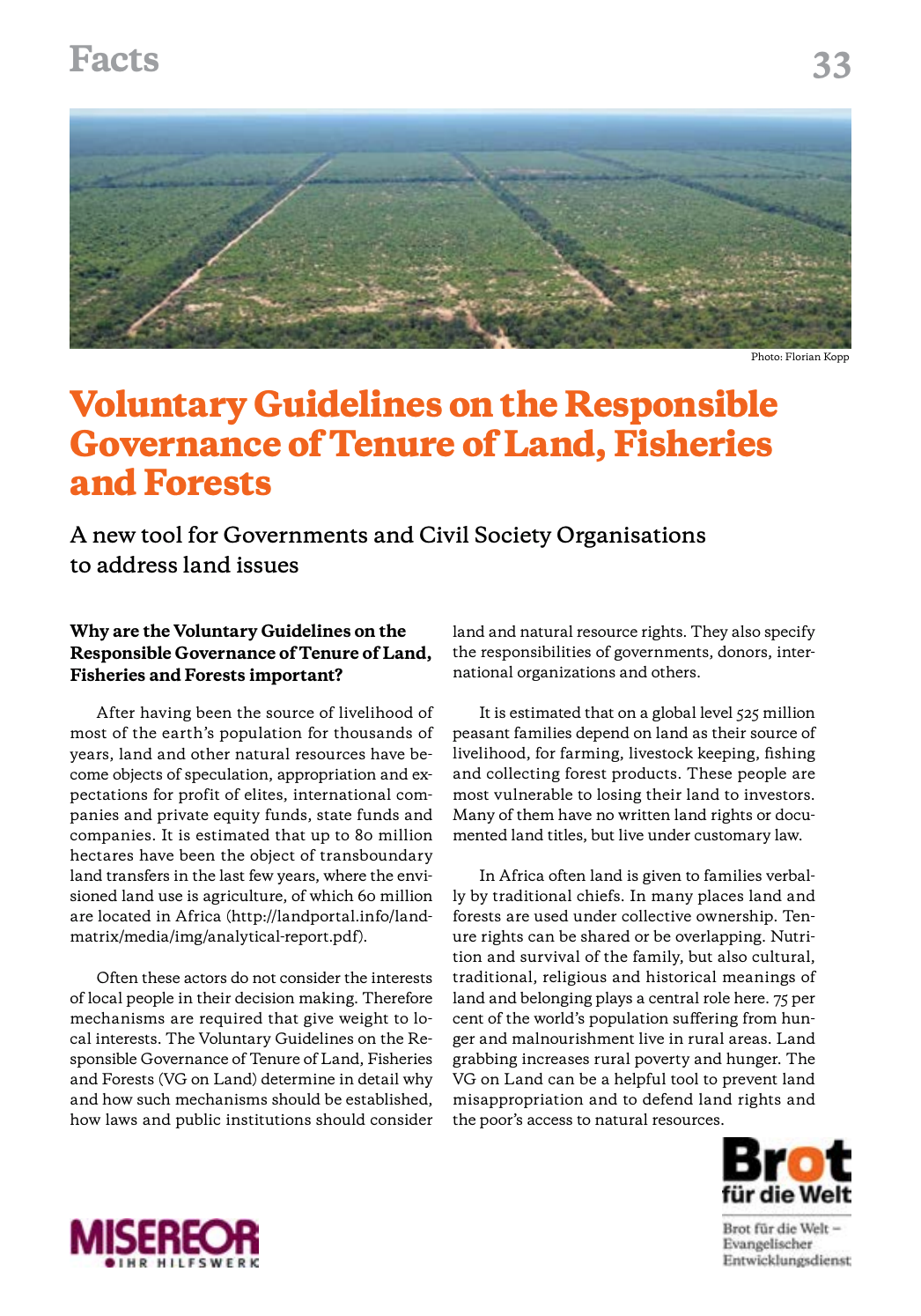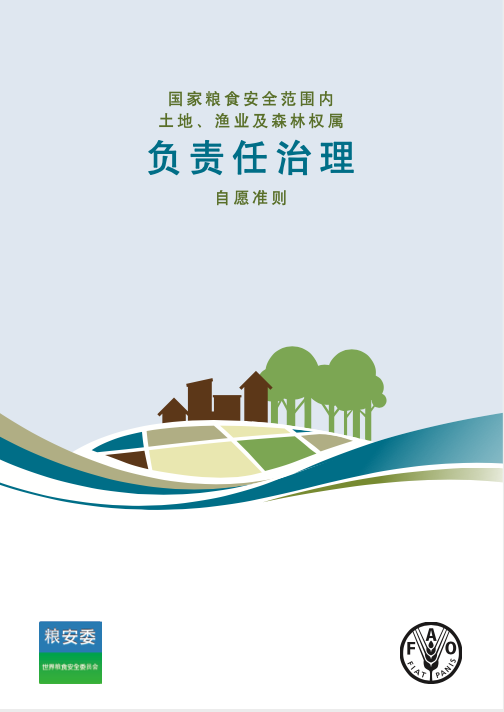Land Reform Efforts in the DRC Should Look to the Voluntary Guidelines
A recent article from IRIN news discusses land and conflict, as well as some potential opportunities for land reform, in eastern Democratic Republic of Congo (DRC). According to the article, “land disputes are key drivers of conflict in eastern DRC, and they hinder development across the region.







